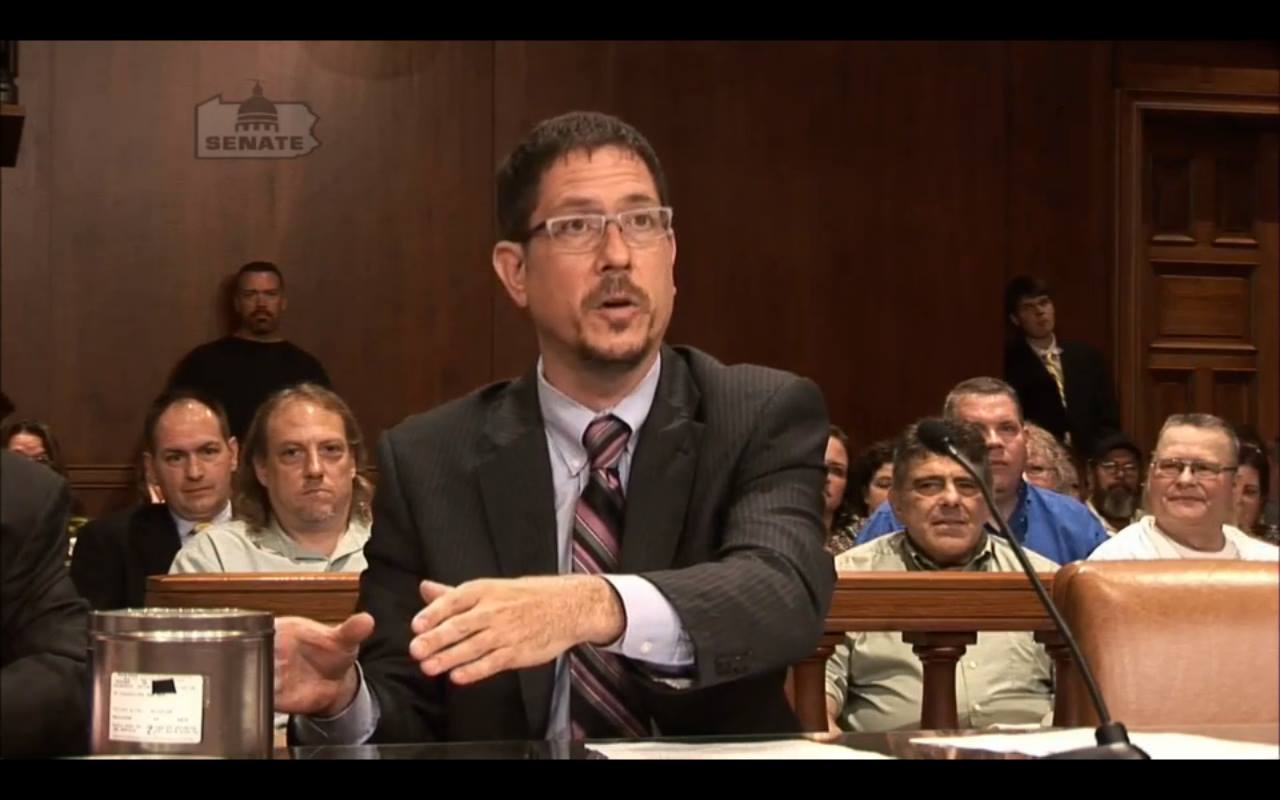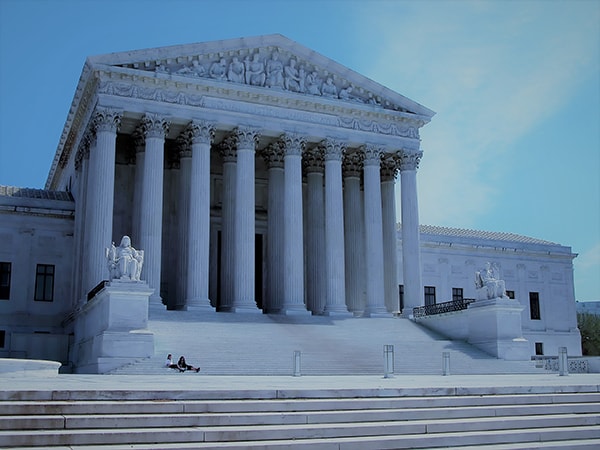Experienced Federal Crime Attorney: Expert Protection in Federal Crime Cases
Experienced Federal Crime Attorney: Expert Protection in Federal Crime Cases
Blog Article
Debunking the Refine of Federal Appeals: What You Required to Know
Navigating the intricate realm of federal charms can commonly feel like going across undiscovered waters for those strange with the procedure. Understanding the nuances of appellate court jurisdiction, the intricacies of filing a notice of appeal, presenting a compelling quick, and making a persuasive dental debate are essential parts that can significantly influence the end result of an instance. By unwinding the layers of intricacy bordering government charms, individuals can acquire a clearer insight right into the devices that control this essential phase of the legal system.
Comprehending Federal Appeals Process
Delving right into the complex realm of the federal appeals procedure reveals a structured and methodical journey through the judicial system. Federal allures offer as an important mechanism for reviewing choices made by lower courts. Understanding this procedure is necessary for any individual involved in lawful process at the federal level.
The procedure normally begins with an event disappointed with a reduced court's judgment filing a notice of allure. This activates a review by a greater court, where a panel of judges assesses the lawful arguments offered by both celebrations. Briefs outlining the lawful reasoning behind each event's setting are sent, and oral debates may be heard to make clear complicated issues.
The appellate court's choice is based upon a thorough evaluation of the lower court's proceedings and the arguments presented. The judges do not reexamine facts but focus on whether lawful mistakes took place that influenced the reduced court's choice. When the appellate court reaches a decision, it can affirm, reverse, remand, or change the reduced court's judgment, supplying clearness and finality to the legal dispute. Understanding this procedure is essential for browsing the intricacies of federal appeals effectively.
Appellate Court Jurisdiction Explained
Appellate court jurisdiction refers to the range of cases that a specific appellate court has the power to decide and examine upon. Unlike trial courts that hear instances for the first time, appellate courts are restricted to reviewing decisions made by reduced courts.
Appellate courts have jurisdiction over certain sorts of cases, normally those involving lawful mistakes, procedural problems, or inquiries of law as opposed to valid disputes. The jurisdiction of appellate courts is normally laid out in statutes and legislations that control the court system. Understanding appellate court jurisdiction is important for events associated with the appeals process as it establishes whether a case is eligible for evaluation and the degree to which the appellate court can interfere in the reduced court's choice.
Declaring a Notice of Appeal
The preliminary action in starting the government allures procedure involves filing a Notice of Appeal with the suitable appellate court. This vital paper officially alerts the court and the various other events entailed in the situation that the appealing celebration means to seek an evaluation of the lower court's decision. Filing a Notice of Appeal is a strict procedural requirement that sets the appellate procedure moving.
When preparing the Notification of Allure, it is vital to ensure conformity with the details regulations and standards of the pertinent appellate court. federal crime attorney. The record needs to normally consist of info such as the case name, the lower court's name, the day of the judgment being appealed, and a succinct statement indicating the grounds for the allure

Instruction and Oral Disagreement
In the appellate procedure, offering written briefs and participating in oral disagreements play essential roles in supporting for the appealing celebration's position prior to the appellate court. Briefs are extensive legal files that lay out the celebrations' debates, legal authorities, and analysis sustaining their placements. These written submissions give the court with a detailed understanding of the truths of the instance, the pertinent law, and why the appealing celebration thinks the reduced court's choice should be reversed.
Complying with the entry and testimonial of the briefs, oral arguments provide the celebrations a possibility to more clarify their positions, deal with any type of inquiries the appellate courts might have, and emphasize bottom lines from their written briefs. Oral arguments are a possibility for the attorneys to convince the judges with verbal advocacy and reactions to queries from the bench.
Both the composed briefs and oral disagreements are vital parts of the appellate procedure, permitting celebrations to provide their situation completely and compellingly before the appellate court. - federal find out crime lawyer
Getting the Appellate Court Decision
Upon completion of oral arguments and submission of created briefs, the following essential stage in the appellate process involves awaiting the crucial judgment from the appellate court. This period of anticipation can be filled with a mix of anxiety and wish for celebrations included in the appeal. The appellate court's decision is typically supplied in a composed style and outlines the court's verdicts on the lawful problems presented, the thinking behind their decision, and the judgment rendered. The moment framework for receiving the appellate court's choice can differ, but courts make every effort to supply timely resolutions. Once the choice is issued, events need to thoroughly review the court's judgment to comprehend the outcome and figure out any type of more steps that may be needed. Whether the appellate court affirms, turns around, or remands the lower court's choice, comprehending the effects of the judgment is essential for all events associated with the appellate procedure. Without delay evaluating and understanding the appellate court's decision is necessary in navigating the next actions in the legal procedures.
Final Thought
Finally, the government appeals process is a complicated however critical action in seeking justice. Understanding the appellate court jurisdiction, filing a notice of charm, preparing briefs, and providing dental debates are all essential components of this process. Ultimately, receiving the appellate court decision can offer clearness and resolution to legal conflicts. It is essential to navigate the federal charms process with diligence and interest to detail to achieve a fair outcome.
As we proceed from recognizing the federal charms procedure to studying the ins and outs of appellate court jurisdiction, an essential element comes to light concerning the authority and limits of these higher courts in the lawful landscape. Appellate court jurisdiction refers to the extent of situations that a certain appellate court has the power to review and determine upon. Unlike trial courts that listen to cases for the first time, appellate courts are limited to reviewing choices made by lower courts. Recognizing appellate court jurisdiction is vital for parties entailed in the allures procedure as it identifies whether an instance is eligible for review and the degree to which the appellate court can intervene in the reduced court's decision.

Report this page